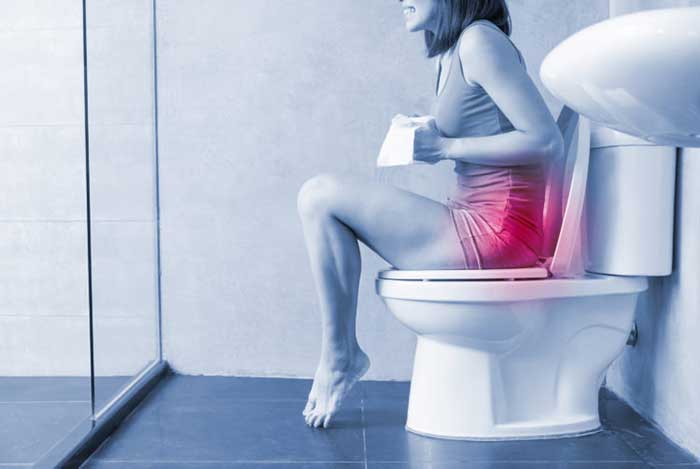Fecal Incontinence Symptoms, Causes, Diagnosis and Treatment

What is fecal incontinence?
Fecal incontinence is basically the failure to control the bowel movements. As a result, it leads the feces to leak from your rectum, unexpectedly. The condition is also known as bowel incontinence. Moreover, the symptoms range from mild (irregular instances of leaking stool) to more severe (complete loss to control bowel movements) fecal incontinence. Few of its common causes include nerve or muscle damage, constipation or diarrhea. Such nerve or muscle damage can be linked with delivery or with aging. Regardless of its cause, the condition can be extremely embarrassing. However, you must not shy to consult a doctor for your problem. Fortunately, its available treatment can help improve the condition.
What are the symptoms of fecal incontinence?
Normally, people experience the condition merely during the occasional diarrhea bout. However few may have chronic or recurring FI. They may have the following symptoms:
- Unable controlling the stools or gas passage.
- Stools can be either solid or liquid from the bowels.
- Unable reaching the washroom in time.
Moreover, for few individuals, including children, the condition is a fairly minor concern, limited to occasional underwear soiling. Though, for others, fecal incontinence can be distressing because of complete loss to control bowel movements. Furthermore, FI can also be accompanied with some other problems related to bowel, for example:
- Bloating and gas.
- Constipation.
- Diarrhea.
What causes fecal incontinence?
Few causes of the condition are:
- Injury to anal sphincter.
- Injury to the particular nerves that control your anal sphincter or sense the feces in your rectum.
- Constipation.
- Diarrhea.
- Storage capacity loss in your rectum.
- Surgery for treating the enlarge veins present in your anus or rectum.
- Dropping of rectum into your anus.
- Rectocele, in women.
What are the risk factors of fecal incontinence?
Few of its risk factors include:
- Age: though, it can occur regardless of age, yet more commonly observed in older adults and middle-age individuals.
- It is more common particularly in females than males.
- People suffering from dementia.
- Physically disabled individuals, as they may take time reaching the washroom.
- Individuals with multiple sclerosis or diabetes, as such can damage the nerves which helps to control defecation.
What are the possible complications of fecal incontinence?
Few complications associated with the condition include:
- Skin irritation (around your anus).
- Emotional distress.
How is fecal incontinence diagnosed?
The doctor will ask you detail regarding your condition. He will then conduct a thorough physical examination of your anus. Probably, he will use probe or pin in order to observe the particular part for nerve damage. Few tests the doctor can suggest in order to determine its underlying cause includes:
- Digital rectal exam.
- Balloon expulsion test.
- Anal manometry.
- Anorectal ultrasonography.
- Protography.
- Protosigmoidoscopy.
- Endorectal ultrasound.
- Colonoscopy.
- Anal electromyography.
- MRI.
How is fecal incontinence treated?
Depending upon its underlying cause, few of the treatment options include:
- Laxatives.
- Anti-diarrheal drugs.
- Medications.
- Dietary changes.
- Exercise/ therapies.
- Surgery.
By : Natural Health News




